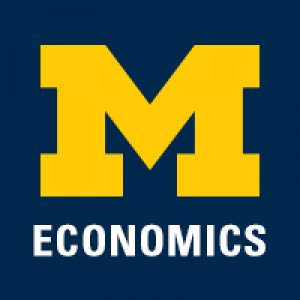Economic Theory: Information Acquisition and Robust Trading Mechanisms
Gabriel Carroll, Stanford University
Abstract
An advantage of dominant-strategy mechanisms is that they give no incentives for participants to spend socially wasteful effort in finding out about each other’s preferences. We ask whether this feature can justify the use of dominant-strategy mechanisms, when a social planner cares about welfare and explicitly takes these effort costs into account. We adopt a simple bilateral trade model as a case study. We consider a broad class of information games, in which the trading parties can
take some (possibly costly) actions, and receive some information about each other. Any trading mechanism is evaluated by the level of welfare, net of information costs, that it guarantees in the worst case across all information games. For some parameter values, a dominant-strategy mechanism is indeed optimal; for others, the optimum is a non-dominant-strategy mechanism, in which one party chooses which of two prices to offer.
An advantage of dominant-strategy mechanisms is that they give no incentives for participants to spend socially wasteful effort in finding out about each other’s preferences. We ask whether this feature can justify the use of dominant-strategy mechanisms, when a social planner cares about welfare and explicitly takes these effort costs into account. We adopt a simple bilateral trade model as a case study. We consider a broad class of information games, in which the trading parties can
take some (possibly costly) actions, and receive some information about each other. Any trading mechanism is evaluated by the level of welfare, net of information costs, that it guarantees in the worst case across all information games. For some parameter values, a dominant-strategy mechanism is indeed optimal; for others, the optimum is a non-dominant-strategy mechanism, in which one party chooses which of two prices to offer.
| Building: | Lorch Hall |
|---|---|
| Website: | |
| Event Type: | Workshop / Seminar |
| Tags: | Economics, seminar |
| Source: | Happening @ Michigan from Economic Theory, Department of Economics, Department of Economics Seminars |


